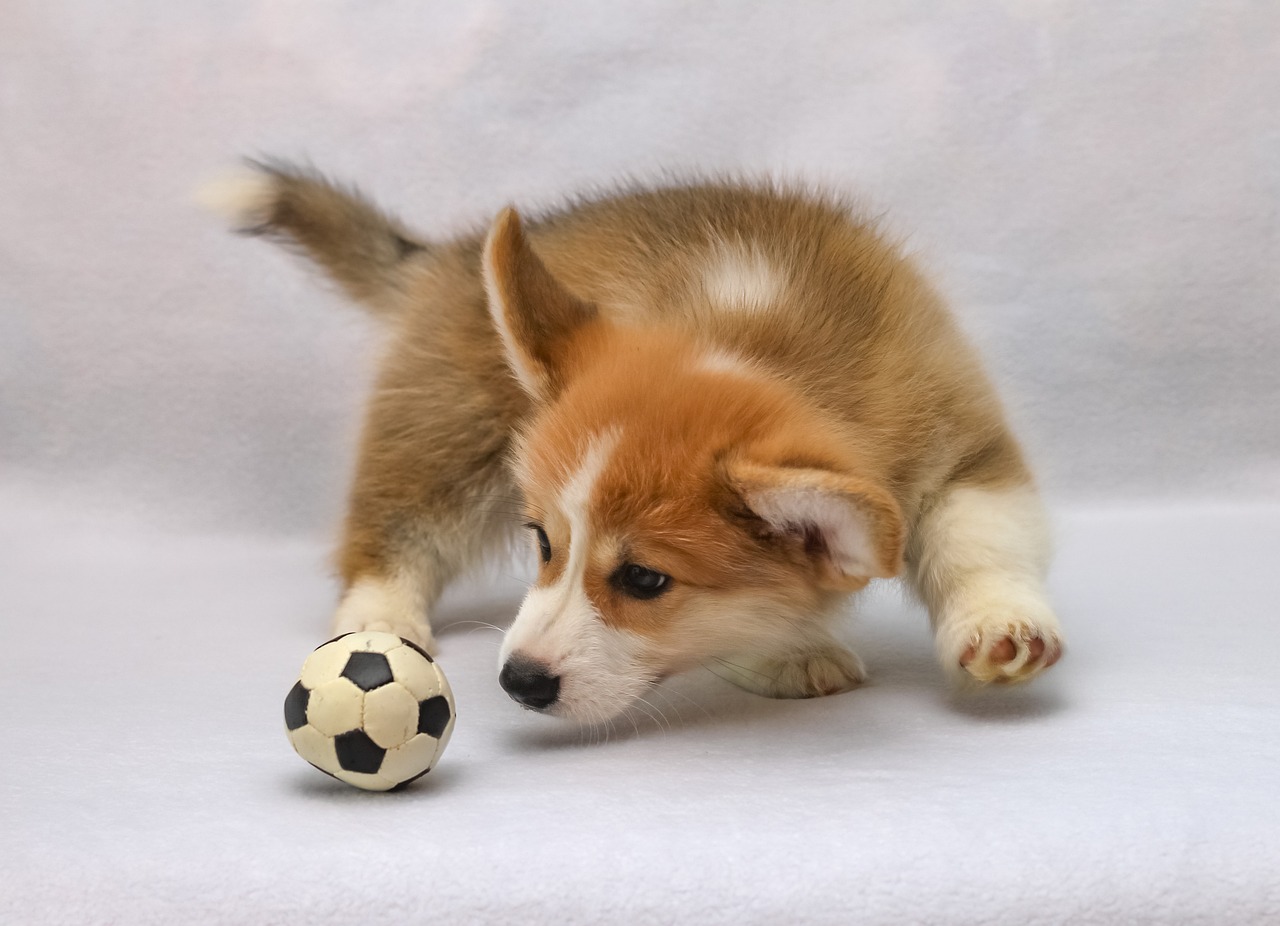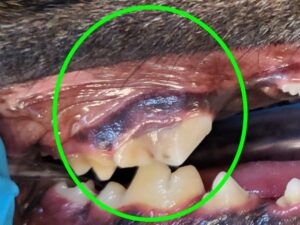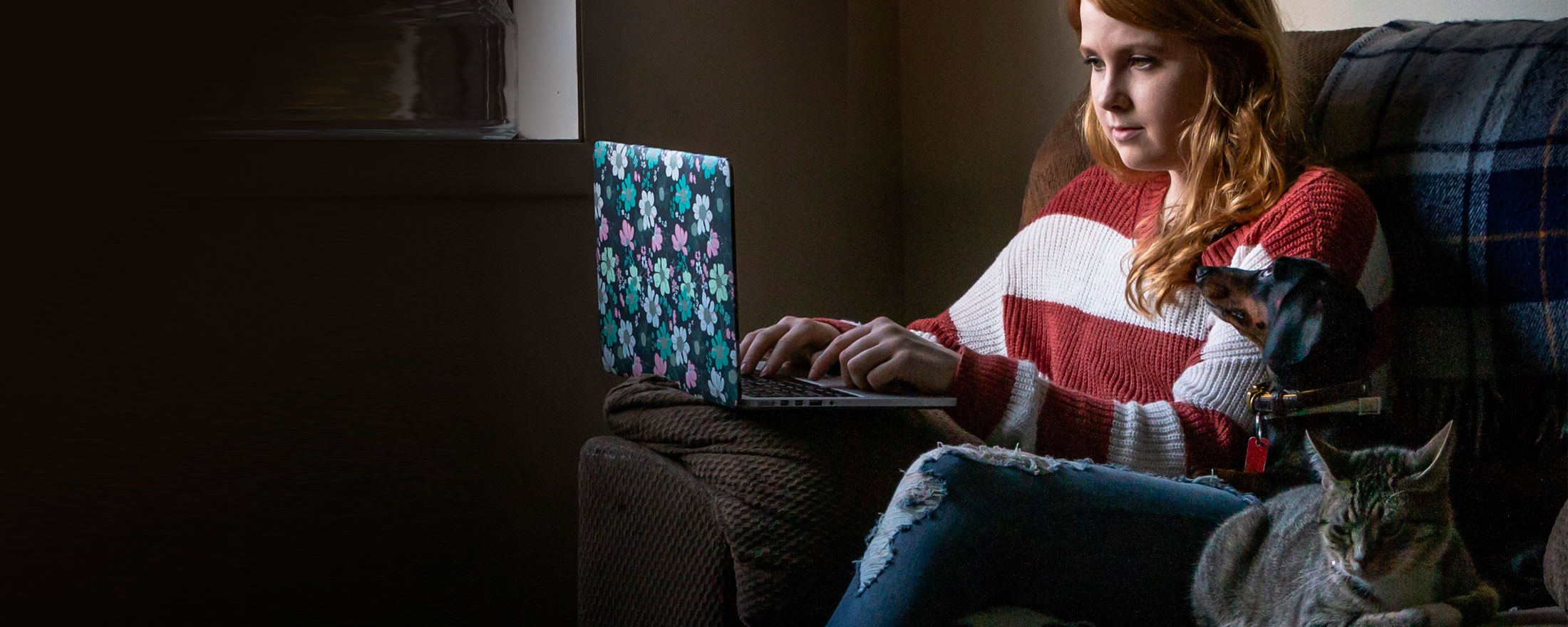
07 Jun What is Safe for Dogs to Chew On?
Dogs love to chew!
Anyone who has ever had a puppy knows how much they like to chew. And giving an energetic puppy something to chew can keep them busy and safe when you need to get something else done. Chewing is a satisfying activity for dogs both young and old. Giving your dog something of their own to chew may help prevent them from chewing on something of yours. And chewing can, in some cases, help keep the teeth clean and the gums healthy, unless they chew on something hard and break a tooth! Fortunately, our team is here to help you find out what is safe for dogs to chew on!
A fractured tooth with pulp exposure will die and abscess which is very painful for your dog. The baby teeth that puppies have are especially fragile so it’s important to never allow them to chew on hard objects. Some dogs can have an inherited problem that makes their teeth weak and easier to break.
When a dog fractures a tooth from chewing, it is usually one of the carnassial teeth (upper fourth premolars and lower first molars.) Here is an image of a right upper fourth premolar that fractured from chewing:

If a fracture is older, it may be covered in tartar and more difficult to see. Sometimes we can save a fractured tooth by doing root canal treatment, but other times we must extract the tooth.
How do you know if a chew is too hard?
A good rule to follow is that if something is so hard that you can’t flex it with your hands or indent it with your fingernail, then it is hard enough to break teeth. Here at Animal Dental Care & Oral Surgery, we find that real bones (cooked or raw), antlers, and hard nylon bones are usually the culprits when a dog has a fractured carnassial tooth. Another easy way to remember what’s too hard, is the “kneecap rule”, a term coined by veterinary dentist Dr. Fraser Hale.
But what about wolves?
Pet owners mean well when they give their dogs bones and antlers. After all, why would they sell them if they are harmful? And isn’t it natural for wolves to chew on bones? I don’t have any answer for why stores sell objects that aren’t safe for dogs to chew. But we do know that wolves and other wild canids can get fractured teeth from chewing. Pain and infection may even play a part when wild carnivores prey on livestock or humans rather than their normal diet. Remember too that wild canids do not live nearly as long as healthy pet dogs.
Dental chews
Even dental chews that have the Veterinary Oral Health Council seal of approval, may be hard enough to break teeth. It all depends on how hard the dog chews, and whether the chew is the appropriate size for the dog. In the future, we hope that in addition to testing chews for their efficacy in preventing plaque, tartar, and gingivitis, they are assigned a number on a hardness scale so we have an accurate way to judge hardness. In general, it’s best to watch your dog whenever they are chewing to be sure that they don’t try to swallow any large pieces.
What if my dog breaks a tooth anyway?
Sometimes, no matter how careful you are, a dog will find something hard to chew or have an accident and break a tooth. Fortunately, most pet insurance will cover the cost of treatment. As soon as you notice the problem, contact our office for an exam and some pain medication. We can also discuss the options to save the tooth!



